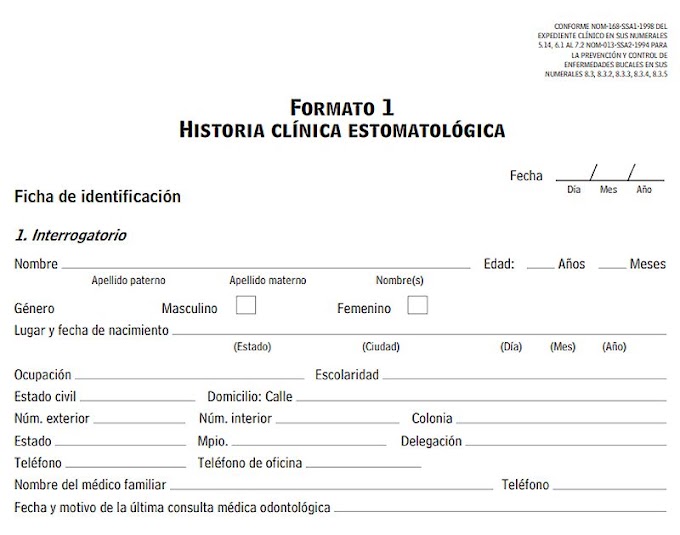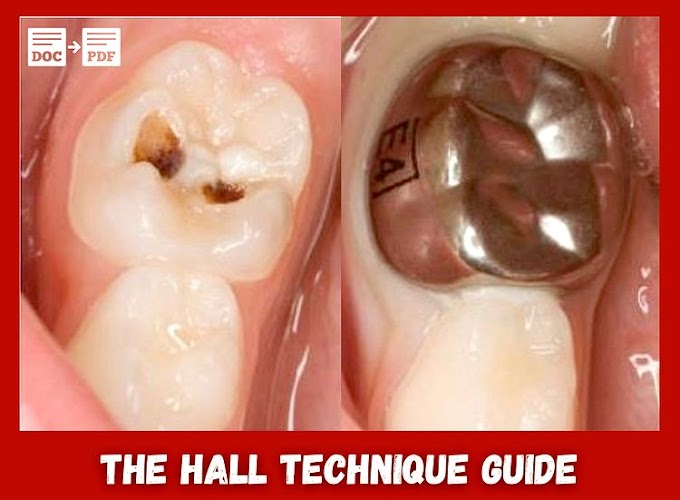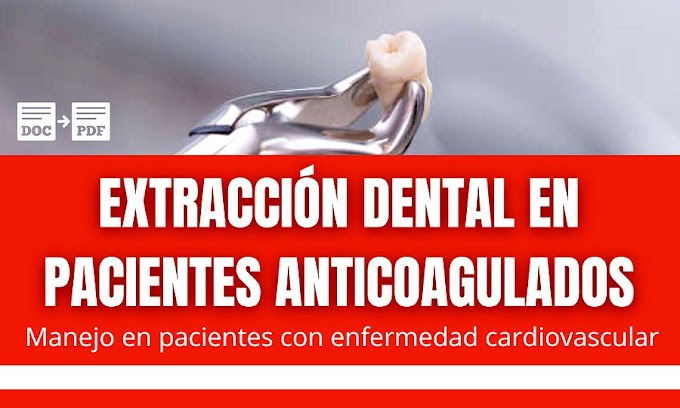Periodontal disease is a chronic inflammatory infectious condition that affects the surrounding and/or supporting tissues of the teeth and, in which, like in other infections, bacteria-host interactions determine the nature of the resulting disease.
The immune response of the host organism to dental biofilm microorganisms can be either protective, destructive or both, contributing to the wide variety of tissue alterations observed in periodontal disease.
🔘 Twitter
Numerous studies have demonstrated variations in the number and/or density of lymphocyte subpopulations as well as in the number of plasma cells during different stages of periodontal disease.
While T lymphocytes represent the predominant inflammatory cell type in early and
stable periodontal lesions, B lymphocytes and plasma cells
predominate in advanced and progressive lesions, such as
chronic periodontitis.
In addition to lymphocytes,
macrophages represent another important cell type involved in host defense against bacterial aggression, accounting for about 5-30% of the inflammatory infiltrate
found in periodontal lesions.
► DENTAL TRAINING: Over 25 PERIODONTICS videos including FREE Webinars, Conferences and Clinical Cases to share
The purpose of this study was to determine the immunohistochemical phenotype of cells that participate in the immune response in chronic gingivitis (CG)
and chronic periodontitis (CP) and the profile of the cell
population involved in this response in order to obtain
data that might contribute to the assessment and understanding of the multiple and complex biological steps of
the etiopathogenis of periodontal disease.
► BOOK: Newman and Carranza's Clinical Periodontology - 2018 (Amazon)













